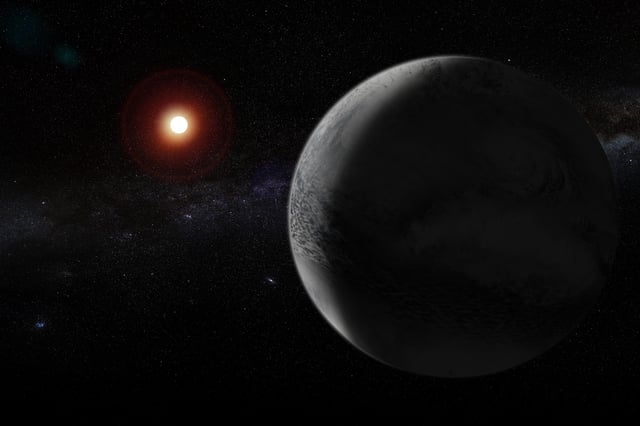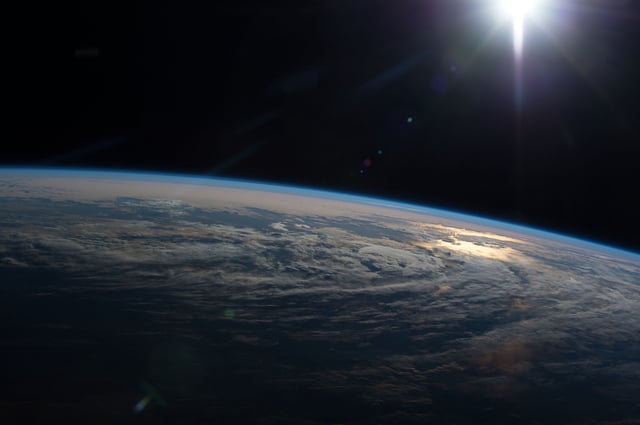Overview
- Astronomers using the James Webb Space Telescope have detected dimethyl sulfide (DMS) and dimethyl disulfide (DMDS) in the atmosphere of K2-18b, compounds on Earth produced only by biological processes.
- K2-18b, located 124 light-years away in the Leo constellation, is a sub-Neptune-class exoplanet with a hydrogen-rich atmosphere and a possible ocean-covered surface, orbiting in its star's habitable zone.
- The detection of these gases was made with 99.7% confidence, but researchers emphasize this does not meet the five-sigma threshold required for formal confirmation of biological activity.
- Lead researcher Nikku Madhusudhan describes the findings as a 'transformational moment,' marking the beginning of observational astrobiology, but stresses the need for additional observations and theoretical studies to rule out non-biological explanations.
- Independent scientists have called for caution, urging further data analysis and replication to validate the findings and confirm whether the observed signals are indicative of life or an unknown abiotic process.


